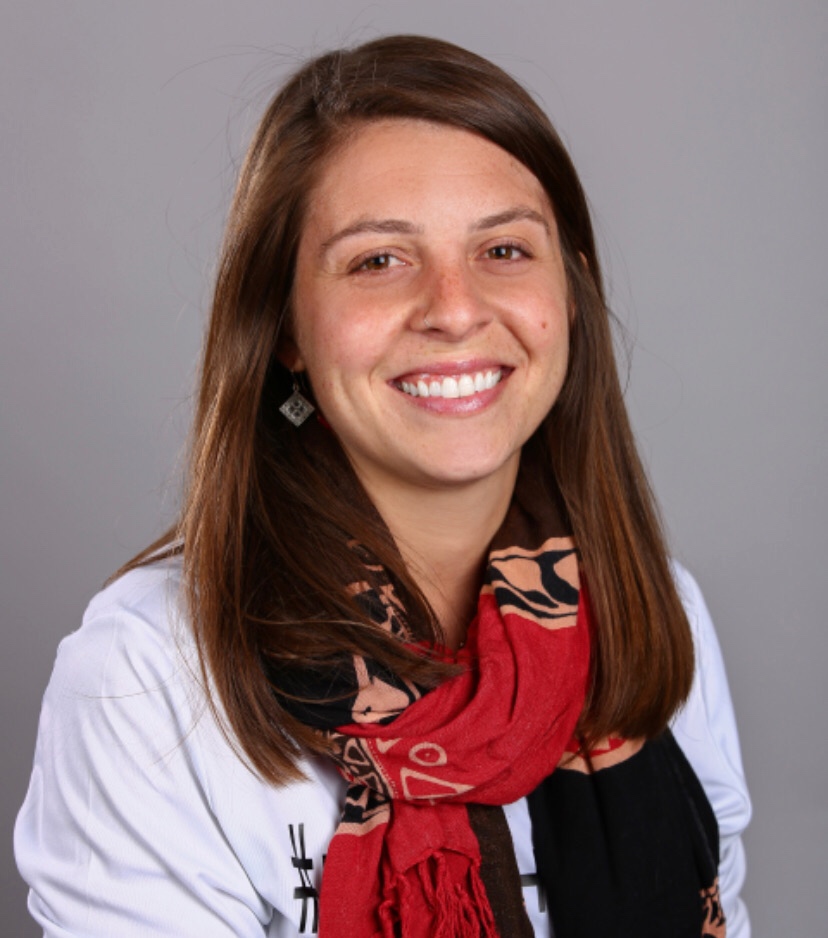As more college and university systems are being spotlighted for cutting funding for mental health staff and programming, student deaths by suicide, and the ever growing increase of the demand for mental health needs of current college students, it would be seem appropriate to deem this all as an ‘epidemic.’ Higher education fights to retain students as it continues to lose funding from each state and find creative ways to match the needs of the newer generation of young adults. Each college is tasked with providing more with less. I do not envy any higher education Administrator. Quite frankly, it sounds like a painful gig.
With the growing mental health demands of current college students, colleges and universities are finding themselves referring more students to community resources even before they step foot on-campus. It’s quite the conundrum. If student fees include 6-sessions per semester of seeing a Therapist, why is it that students must find a Therapist off-campus? Great question!
Not only are students being recommended to seek long-term therapy off-campus, they are also being triaged to community hospitals, behavioral healthcare and substance abuse resources. A quick reminder to the reader – at the additional cost of the student. When the college or university realizes that a student needs an acute level of care that their institution can’t provide, they get the student off-campus as quickly as possible. Sometimes, at the expense of no communication with the family. Now, if the family was proactive prior to enrollment and signed a series of releases for communication they may be included in the discharge planning and mental health recommendations. Typically, not a lot of families think to sign these releases. It’s not until they find out their young adult is in a hospital and they aren’t allowed to speak with staff that they understand the depth of their lack of communication.
As a parent, the worst fear might be to not be able to communication with the medical staff treating your young adult. In reality, the what could be worse is not only not being able to communicate with the staff, but to be entirely left ouf of the treatment planning for discharge. That’s what professionals like me exist. We help with the communication, the planning, and case management around the continuum of care. We are nearly invisible. You might as well refer to us as Super Heroes.
In the popular book The Stressed Years of Their Lives: Helping Your Kid Survive and Thrive During Their College Years by Dr. Janet Hibbs and Dr. Anthony Rostain speaks to the importance of the “warm handoff.” On p. 279 you’ll read:
Ideally a college will possess enough resources that it can perform a “warm handoff” – a transition conducted in person between two members of a health care team – from a campus or off-campus location to emergency medical care. A model for this continuity-of-care team would keep tabs on the student and help with either hospital admission or discharge, as well as communication with the family.
I know of some colleges that have Case Managers or a Case Management team. This is who would in theory would be doing the warm handoff. To suggest that a Therapist who’s been working with a student would be a part of the admission, discharge, or communication with the family it outright optimistic and grossly unrealistic for a large university. Let’s look at the University of Southern California this example. They have a team of 46 therapists and 2 Psychiatrists for a student body of 47,500. That puts the Therapist-to-student ratio at a whooping 1:1,032.6. I’m not a betting woman, but I’m willing to guess that those Therapists do not have enough time in the day to assist in the admission and discharge for students on their caseload, nor communication with their families. If there’s a college out there that has a clinical team with enough time to do this, I’d genuinely like to hear from them. It would be safe to say they have cracked the code for the therapist-to-student ratio, and collaboration with case management to assist with referral coordination.
Speaking of which, Case Managers on a college campus are good in theory. In practice, I’m going to blow the whistle on their ability to provide accurate program recommendations. Where I want to be clear is that Case Managers are necessary. Especially in helping to coordinate students with on-campus resources and/or with tying loose ends as they leave the university on medical leave or by withdrawing. It’s when they do “research” to recommend placements and programs for students that I cringe. This is what I do full-time as a job. I travel at least one full week out of every month visiting anywhere between 10-15 programs per trip. Never referring my clients to programs I haven’t visited, and in between trips trying to stay abreast of staff and programmatic changes to places I’ve already seen. I specifically help with every step in every transition between programs and placements. I often refer to myself as the “bridge” so they family doesn’t have to fly in to handle case managing their young adult. It’s a full-time job, I’d know.
Unless the Case Management team is also traveling to tour programs, this is a huge liability to any college or university to directly refer or recommend programs to students. And if you justify where you are recommending based on who has visited you on your campus, then I am even more fearful for the impending lawsuits to your university. Seriously, it’s only a matter of time. Behavioral Healthcare companies with several sites around the company may present as having your student’s best interest in mind, but in reality, they are being paid to recruit professionals to refer to their programs. Once a young person is in their system, they will continue to refer them through their in-house continuum of programs. As someone who dedicates my life to connecting young people to the right treatment program, I fear that university staff who are unfamiliar with the behavioral healthcare industry are having the wool pulled over their eyes.
Sidebar: I had a Director of College Counseling once tell me that if, not when, they had a student that needed to leave their university she would send an email to the AUCCD listserv asking other Directors of Counseling for program recommendations. She was saying specifically that since most of her students were from out-of-area to her college, she would defer to this listserv for recommendations for students. For once in my life, I was so shocked I had no response for the person on the other end of the phone. My jerk reaction would have been to say “Are you f—ing kidding me? How do you think that’s an ethical way of referring mental healthcare to students?” But my professional self managed a pregnant pause allowing for the Director to continue to explain her reasoning. She didn’t seem to think there was anything wrong with that. In fact, she was aggressive about sharing how this was totally okay to the point that I graciously thanked her for her time and made it that I needed to get off the call. For any Director of College Counseling reading this, please note that a) anyone else reading this knows that your responsibilities on campus are so immense you don’t have time to respond to individual emails asking for local healthcare recommendations for individual students, and b) any of you who do have the time to respond to these individual emails may want to be wary. Please reference the explanation in my paragraph above about making recommendations to young people for places you aren’t actively visiting, and meeting with clinical staff. And if you tell me you looked at their website as an explanation for why their program is appropriate to refer to, I worry about your overall judgment. No offense.
The irony in it all is when I have visited colleges and universities to explain my services to students who have left their school, I am met with complete resistance. I’m talking about students who have left, not who are still enrolled. Though, I’d like to be able to help current students too, but that type of service presents itself as a threat to the system. I’m talking about speaking to those who care about the students’ wellbeing, regardless of whether they’re still enrolled at your school. This is the warm handoff we were referencing earlier. I have yet to connect with a college that will consider collaborating to support their former students. And it’s important to note I’m not referencing students from two years ago. I’m speaking to Case Managers, Counseling Directors, and Dean of Students about students who withdrew within the last two hours. Is there no obligation to help a student then?
I’m putting it all out there right now. Every single institution of higher learning can no longer afford to push back the gates in partnering to support your students. They are struggling. They are dying. Me, along with an industry of behavioral healthcare professionals, are waiting on the outskirts of campus for your students as they leave. Because they are leaving, and we want to help them once they’re no longer with you. These are academically successful students. Bright young people with promising futures. Students who are struggling beyond their means and reaching out, desperate for your help. You’re not able to provide, but we are. We’re here, just watching and waiting.
If you’ve remotely thought about seeking assistance, look no further. Our services aren’t free though. We’re knowledgeable and professional, and hiring us as contractors to your university may just save your graduation rates as well as provide you the staffing for the warm handoff you’ve been wanting to do all along.
For more information, check out my post on Lilley Consulting Facebook page.
For anyone looking for additional resources around mental health, substance abuse, college transition coaching, or parent resources you can find them on: https://www.lilley-consulting.com/ or follow @lilleyconsulting, or https://www.facebook.com/LilleyConsultingLLC/.


